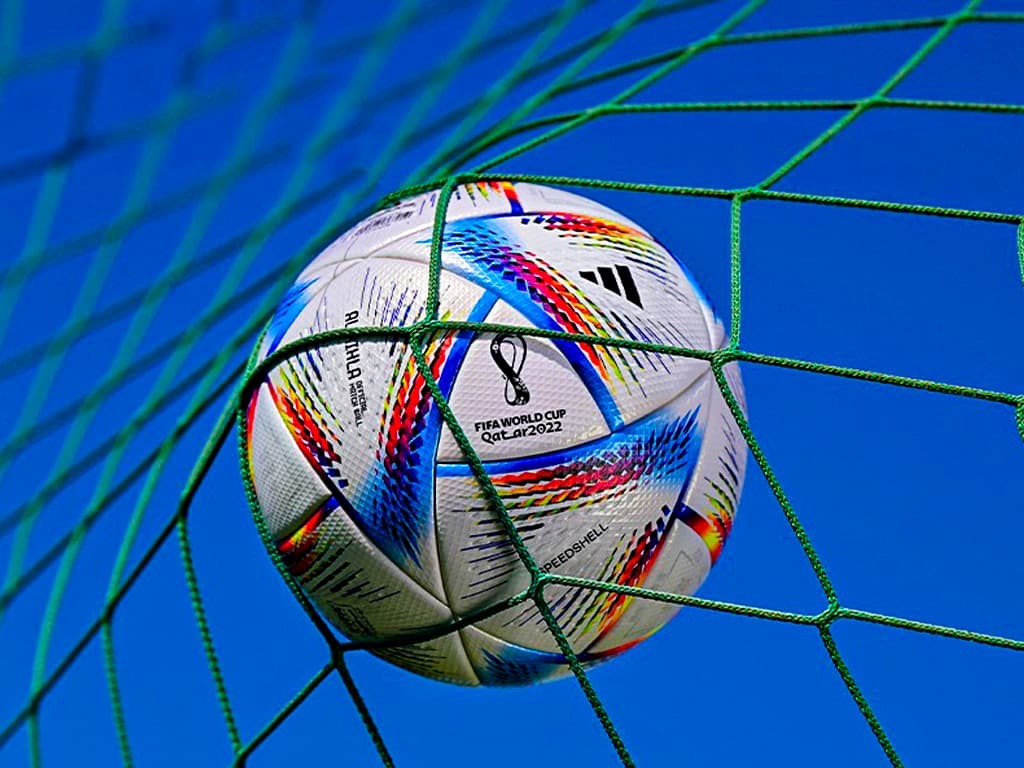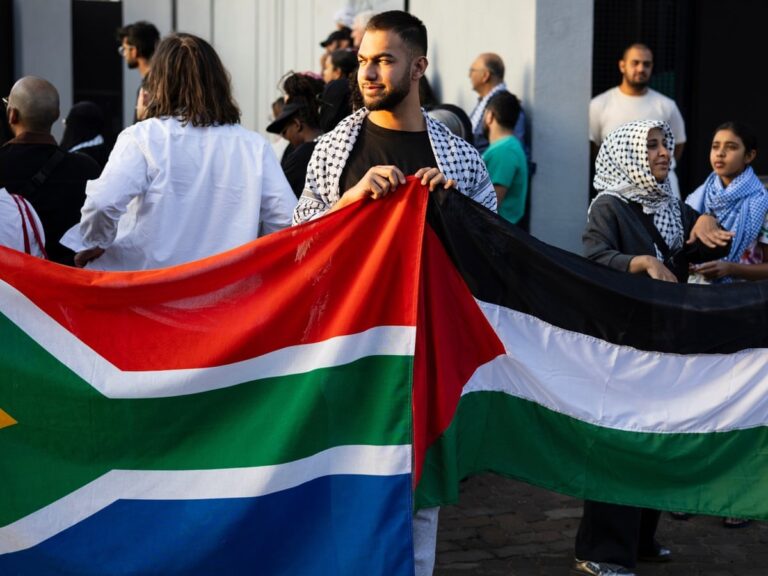FIFA is set to announce the hosts for the next two men’s World Cups, but the outcomes are already widely anticipated. Spain, Portugal, and Morocco are expected to host the 2030 tournament jointly, while Saudi Arabia is the sole bidder for the 2034 edition.
Both bids have drawn attention, with Saudi Arabia’s proposal sparking significant debate. According to the sources of Leaders, human rights organizations have raised concerns about potential abuses, particularly involving migrant workers, freedom of speech, and minority rights. Critics argue that hosting such a major event in Saudi Arabia comes with an “unimaginable human cost,” citing the country’s record on labor practices and other human rights issues.
Saudi Arabia’s bid aligns with its broader push to invest heavily in sports as part of its Vision 2030 initiative. Through the Public Investment Fund, the nation has poured billions into reshaping the global sports landscape, acquiring assets like the English Premier League’s Newcastle United and attracting top soccer stars such as Cristiano Ronaldo and Neymar Jr. Hosting the World Cup is seen as a pinnacle achievement in this strategy, complemented by plans for extensive infrastructure development, including the construction or renovation of stadiums and hotels.

While FIFA’s report evaluating the bid acknowledges Saudi Arabia’s commitments and improvements under Vision 2030, human rights groups remain critical. As per the sources of Leaders, a report by Human Rights Watch claims that the country is leveraging the World Cup to distract from ongoing abuses, particularly those faced by migrant workers under the “Kafala” sponsorship system, which ties employees to their employers and leaves them vulnerable to exploitation.
Some argue that hosting the World Cup could catalyze positive change if human rights reforms are genuinely pursued. FIFA’s 2017 inclusion of human rights criteria in the bidding process was seen as a step forward, but critics say it has not been meaningfully enforced. Human rights advocates are calling on FIFA to postpone the final decision until Saudi Arabia demonstrates tangible progress in addressing these concerns.
This situation draws parallels with the 2022 Qatar World Cup, where similar criticisms were leveled regarding migrant worker rights and accusations of “sportswashing.” While some reforms were reportedly initiated in Qatar, observers fear FIFA may not have learned from past experiences and might prioritize financial and political interests over human rights considerations.
Amnesty International and other organizations have urged FIFA to use the 10-year window before 2034 to press Saudi Arabia for meaningful reforms. They argue that hosting a global event of this magnitude brings a responsibility to protect workers, activists, and journalists while promoting broader social progress. Whether this opportunity will be used to drive change or remain a missed chance remains an open question.









